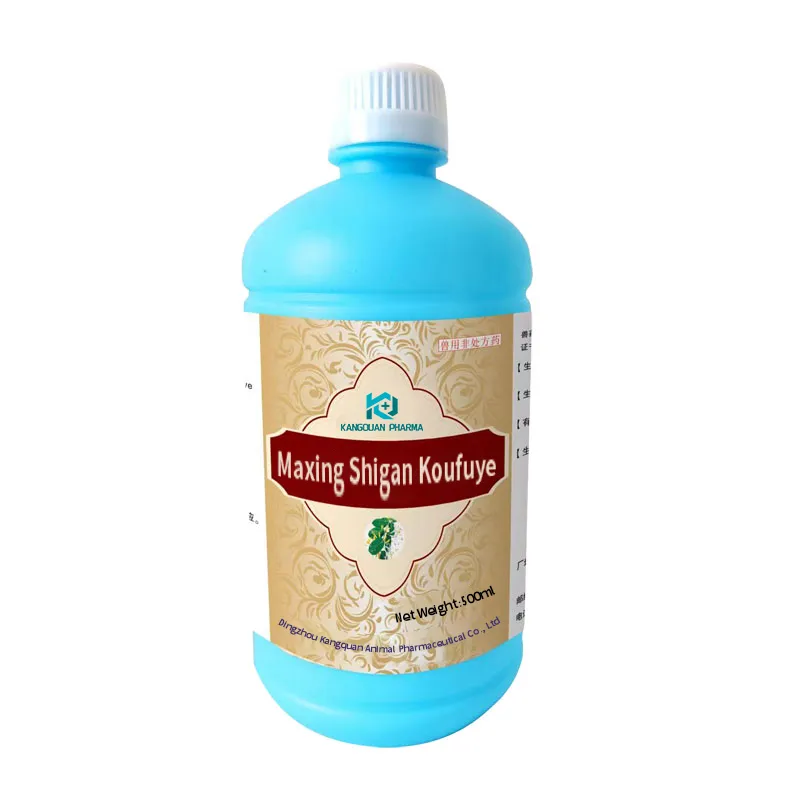- Afrikaans
- Albanian
- Amharic
- Arabic
- Armenian
- Azerbaijani
- Basque
- Belarusian
- Bengali
- Bosnian
- Bulgarian
- Catalan
- Cebuano
- Corsican
- Croatian
- Czech
- Danish
- Dutch
- English
- Esperanto
- Estonian
- Finnish
- French
- Frisian
- Galician
- Georgian
- German
- Greek
- Gujarati
- Haitian Creole
- hausa
- hawaiian
- Hebrew
- Hindi
- Miao
- Hungarian
- Icelandic
- igbo
- Indonesian
- irish
- Italian
- Japanese
- Javanese
- Kannada
- kazakh
- Khmer
- Rwandese
- Korean
- Kurdish
- Kyrgyz
- Lao
- Latin
- Latvian
- Lithuanian
- Luxembourgish
- Macedonian
- Malgashi
- Malay
- Malayalam
- Maltese
- Maori
- Marathi
- Mongolian
- Myanmar
- Nepali
- Norwegian
- Norwegian
- Occitan
- Pashto
- Persian
- Polish
- Portuguese
- Punjabi
- Romanian
- Russian
- Samoan
- Scottish Gaelic
- Serbian
- Sesotho
- Shona
- Sindhi
- Sinhala
- Slovak
- Slovenian
- Somali
- Spanish
- Sundanese
- Swahili
- Swedish
- Tagalog
- Tajik
- Tamil
- Tatar
- Telugu
- Thai
- Turkish
- Turkmen
- Ukrainian
- Urdu
- Uighur
- Uzbek
- Vietnamese
- Welsh
- Bantu
- Yiddish
- Yoruba
- Zulu
7 月 . 30, 2024 06:31 Back to list
Recommended Treatments and Remedies for Relief from Rhinovirus Symptoms and Discomfort
Understanding Rhinovirus and Its Treatment Options
Rhinovirus, a member of the Picornaviridae family, is the primary culprit behind the common cold. Characterized by symptoms such as a runny nose, sore throat, coughing, sneezing, and general malaise, this viral infection can be particularly bothersome, especially during colder months. While rhinovirus is generally mild and self-limiting, many individuals seek relief through various medications. This article will discuss the types of medications that can help manage rhinovirus symptoms, though it is essential to remember that there is no specific antiviral treatment for this virus.
Over-the-Counter (OTC) Medications
When dealing with the common cold caused by rhinovirus, over-the-counter medications are often the first line of treatment. Here are some types of OTC medications that can help alleviate symptoms
1. Decongestants These medications help reduce nasal congestion and swelling in the nasal passages, making it easier to breathe. Active ingredients like pseudoephedrine (Sudafed) and phenylephrine are commonly found in decongestant products. While effective, they should be used with caution, particularly in individuals with hypertension or other cardiovascular issues.
2. Antihistamines These drugs can help relieve symptoms like a runny nose and sneezing by blocking the action of histamine, a substance in the body that causes allergic symptoms. First-generation antihistamines such as diphenhydramine (Benadryl) may also promote drowsiness, which can be beneficial at night. Alternatively, second-generation antihistamines, like loratadine (Claritin) and cetirizine (Zyrtec), are less sedating and can be taken during the day.
3. Cough Suppressants and Expectorants Coughing can be a significant discomfort when suffering from a cold. Dextromethorphan is a common ingredient in cough suppressants that works to reduce the urge to cough. On the other hand, expectorants like guaifenesin help thin mucus, making it easier to expel and relieve cough associated with mucus buildup.
what medicine to take for rhinovirus

4. Pain Relievers and Fever Reducers Nonsteroidal anti-inflammatory drugs (NSAIDs) such as ibuprofen (Advil, Motrin) or acetaminophen (Tylenol) can help alleviate fever, headaches, and body aches associated with rhinovirus infection. These medications are fairly effective and accessible, providing symptomatic relief to sufferers.
Home Remedies and Supportive Care
While medications can be helpful, they are not the sole answer in managing rhinovirus infections. Supportive care measures are also crucial. Staying hydrated, rest, and consuming warm liquids like chicken soup or herbal teas can help soothe a sore throat and keep the body hydrated. Humidifiers may also be beneficial in easing congestion and making breathing more comfortable.
When to Seek Medical Attention
Although rhinovirus infections are usually mild and self-limiting, one should not disregard the possibility of more serious complications. If symptoms persist longer than a week, worsen significantly, or if there is difficulty breathing, high fever, or chest pain, it is important to seek medical attention promptly. In such cases, healthcare providers may further evaluate and recommend other treatments.
Conclusion
While no specific antiviral medication exists for rhinovirus infections, a combination of over-the-counter medications and home remedies can significantly alleviate symptoms and enhance comfort. Always consult with a healthcare professional if confused about which medication to choose or if underlying health conditions may be a concern. Remember that prevention—like frequent hand washing and practicing good hygiene—remains one of the most effective strategies in avoiding rhinovirus infections altogether.
-
The Power of Radix Isatidis Extract for Your Health and Wellness
NewsOct.29,2024
-
Neomycin Sulfate Soluble Powder: A Versatile Solution for Pet Health
NewsOct.29,2024
-
Lincomycin Hydrochloride Soluble Powder – The Essential Solution
NewsOct.29,2024
-
Garamycin Gentamicin Sulfate for Effective Infection Control
NewsOct.29,2024
-
Doxycycline Hyclate Soluble Powder: Your Antibiotic Needs
NewsOct.29,2024
-
Tilmicosin Premix: The Ultimate Solution for Poultry Health
NewsOct.29,2024













